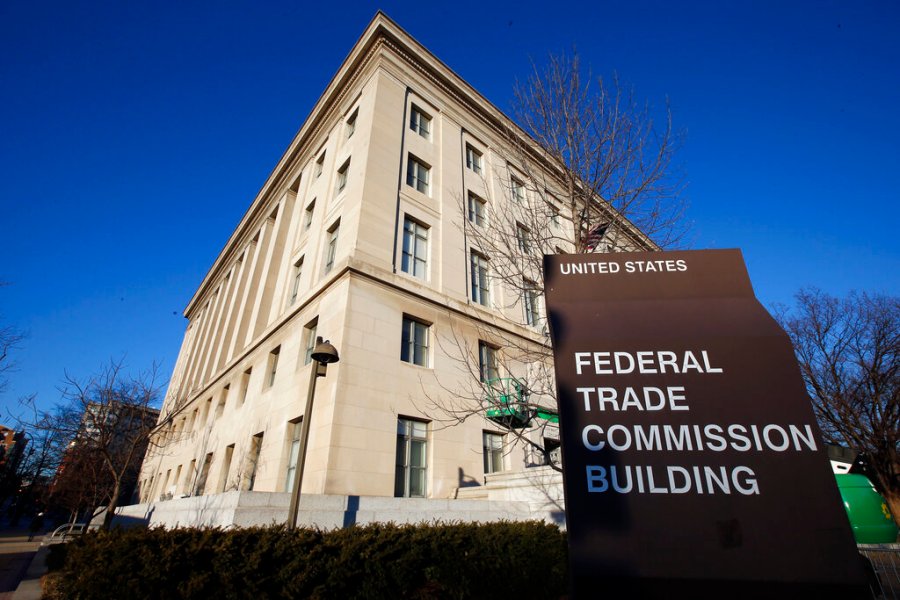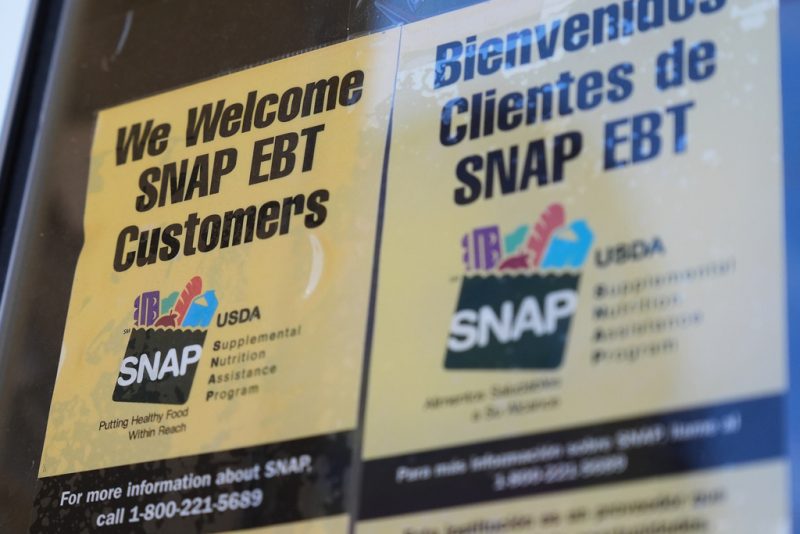
As Washington antitrust enforcers double down on Big Tech, a new factor is poised to overturn their strategy: artificial intelligence. Justice Department Recent victory against Google This was seen as evidence that the government’s more aggressive approach to competition was working.
But the same cannot necessarily be said for other pending antitrust complaints. In fact, the emergence of AI could undermine the Federal Trade Commission’s high-profile case against Amazon, for example, because this time, AI is already changing the market in real time.
Judge Amit Mehta’s decision The Google Search case found that the company maintained a monopoly on general search services and text advertising. But there was also a subtle caveat to his opinion. Although AI may one day replace search, he wrote, it has not done so yet and is not certain to do so in the “near future.” In other words, AI cannot be considered a purely competitive factor because its impact on search is not sufficient to reshape current competition.
What was considered “predictable” is now looming large FTC case Against Amazon. The agency alleges that Amazon has illegally maintained monopoly power in two markets: online “superstore” shopping and online marketplace services. The agency further alleged that “no present or future rival can threaten its dominance.” Yet in both spaces, AI-fueled competitors are already chipping away at Amazon’s lead.
For example, Walmart recently announced a partnership With OpenAI that will allow customers to make purchases directly through ChatGPT. The integration lets shoppers find and buy products seamlessly, an innovation that brings Walmart’s online experience closer to Amazon’s trademark convenience. Already biggest competitor The growth of Amazon, Walmart in the online retail space only increases the competition between the two giants.
During this time, tiktok shop has quickly become a powerful newcomer. The mix of short-form videos and frictionless checkout has proven attractive to users. according to retail diveIn February 2024, 81 percent of purchases came from repeat customers, and 75 percent of users said they were likely to purchase again. These numbers indicate a current competitive threat, not an imaginary threat years away. With TikTok’s deal, the platform was prevented from being banned, CompleteIt seems this competitive threat is here to stay.
This means that both Walmart and TikTok’s AI-enabled platforms easily meet Judge Mehta’s “near future” criteria. As for Amazon, they are not distant rivals; The platforms represent current challenges to its dominance.
For regulators, this presents a growing dilemma. The pace of technological change is rapidly outpacing the pace of enforcement. Although not developed enough to be fully considered in Google’s case, AI is just one example of a general-purpose technology that can reshape markets and competition.
By the time the current antitrust lawsuits conclude, the underlying market dynamics may already have changed. If AI reshapes the way consumers find, compare, and buy products, the FTC’s case against Amazon may seem like a last-generation attempt to regulate the Internet economy.
The Justice Department’s victory against Google was considered a milestone for a new era of antitrust. But if the FTC doesn’t account for the rapid integration of AI into retail, it risks fighting tomorrow’s battle and missing the next real test of market power.
Ultimately, Washington must decide whether its goal is to punish success or promote innovation. The emergence of AI-powered retail competition shows that market forces, not lawsuits, may be the most effective check on corporate dominance. Regulators must remain cautious, but also realistic: the pace of change is only increasing, and codes, not courts, may emerge as the best way to open markets.
Tirzah is President and CEO of Duren American Consumer InstituteA non-profit education and research organization.












